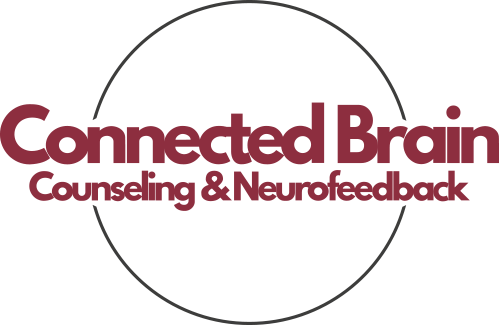Finding Hope and Healing
Depression therapy is crucial for those struggling with persistent sadness and hopelessness. At Connected Brain Counseling, we offer effective depression therapy to help individuals regain their sense of well-being. This blog explores the importance of depression therapy, its benefits, who can benefit, and why you should consider seeking help.
Understanding Depression Therapy
Depression therapy involves various treatments aimed at alleviating the symptoms of depression. These treatments can include cognitive-behavioral therapy (CBT), psychotherapy, medication management, and lifestyle changes. The goal is to address the underlying causes of depression and provide tools for managing symptoms.
The Benefits of Depression Therapy
Depression therapy offers numerous benefits for mental health and overall well-being:
– Improved Mood: Therapy can help reduce feelings of sadness and hopelessness.
– Better Coping Skills: Learn effective strategies to manage stress and emotional challenges.
– Enhanced Relationships: Improve communication and connection with loved ones.
– Increased Motivation: Regain interest in activities and set meaningful goals.
– Personal Growth: Develop a deeper understanding of oneself and one’s emotions.
Who Can Benefit from Depression Therapy?
Depression therapy is beneficial for various individuals:
– Those Experiencing Persistent Sadness: Individuals who feel sad or empty most of the time.
– People Struggling with Daily Functioning: Difficulty managing daily tasks due to lack of motivation or energy.
– Individuals with Relationship Issues: Depression affecting personal or professional relationships.
– Those with Physical Symptoms: Experiencing unexplained aches, pains, or changes in sleep and appetite.
– Anyone Feeling Hopeless: Individuals who feel that life is not worth living or who have thoughts of self-harm.
How Depression Therapy Works

Depression therapy involves several key components:
– Initial Assessment: A thorough evaluation to understand the individual’s symptoms and history.
– Treatment Planning: Developing a personalized therapy plan based on the individual’s needs.
– Therapy Sessions: Regular sessions with a therapist to work through thoughts, feelings, and behaviors.
– Progress Monitoring: Ongoing assessment to track improvements and adjust the treatment plan as needed.
Why Choose Connected Brain Counseling?
At Connected Brain Counseling, we provide specialized depression therapy services:
– Experienced Therapists: Our team has extensive training and experience in treating depression.
– Personalized Approach: We tailor our therapy plans to meet each individual’s unique needs.
– Safe and Supportive Environment: We offer a compassionate and confidential space for healing.
– Comprehensive Care: We provide a range of mental health services to support overall well-being.
Real-Life Success Stories
Depression therapy has made a significant difference in many lives
Depression therapy is essential for those struggling with persistent sadness and hopelessness. Understanding the benefits and how it works can help you decide if it’s right for you. At Connected Brain Counseling, we are committed to providing effective and compassionate care to help you find hope and healing.
American Psychological Association provides extensive information on depression therapy and its benefits.
National Institute of Mental Health (NIMH) offers resources on depression and treatment options.
Ready to take the first step towards healing? Schedule your free consultation with Connected Brain Counseling today and start your journey to better mental health!





